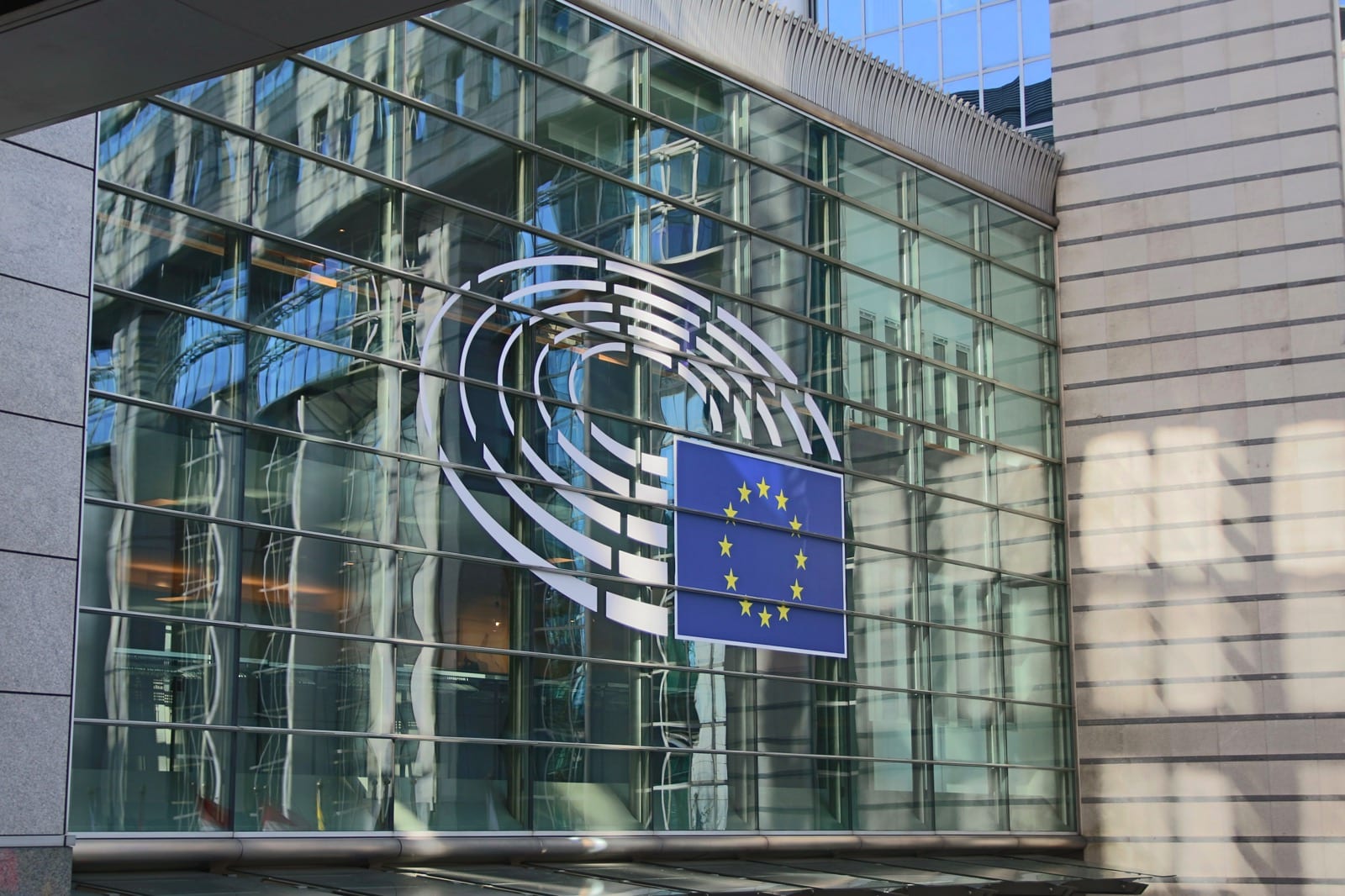The European Union was one of the first regions in the world to promote open banking through the PSD2 Directive, a mandatory regulation for member countries that has already been fully or partially transposed into national laws. This is an unprecedented financial and technological challenge, for which many of the players in the banking ecosystem are not yet adequately prepared.
Aware of the need to facilitate this transition to this new paradigm, numerous initiatives have been launched by the authorities. One of them is Open Banking Europe (OBE), devised by PRETA. This gathers together information on open banking so that third party providers (TPPs) and banks can comply with the new Community regulations in an efficient manner. It is also used as a public repository of information and documentation on their main technical aspects.
What is PRETA?
PRETA is a European institution that was set up in 2013 and is currently headquartered in Paris. It aims to develop competitive services and standards in everything related to digital payments, especially consumer protection and guaranteeing digital identity. To do this, a set of suitable solutions are used to ensure online transactions are secure, whether they be carried out through a PC or a mobile device.
The mission is to ensure the inclusion and collaboration of all players involved in the financial system, from financial authorities to businesses, companies, and governments, to move toward integrating the European economy with the digital market.
PRETA is a subsidiary of EBA Clearing, the provider of pan-European payment infrastructure solutions currently owned by 53 shareholder banks that manages many of the financial transactions within the European Union. In fact, according to data on its own website, a total of 14.153 billion transactions were processed in EBA CLEARING payment services in 2019 alone.
In addition, among many other applications, PRETA owns MyBank, an authorization service enabling the exchange of electronic and non-electronic information between TPPs and other participants in the system. MyBank makes it possible for customers to pay in online stores directly from their bank account or via their cell phone, without the need for a debit or credit card. This solution has been well received in countries such as Italy, where many establishments have already adopted it.
PRETA’s pillars in Europe
Although PRETA is a newly created body, it is certainly important at European level, especially in everything that has to do with the security and execution of payments and, of course, to ensure compliance with the new PSD2 regulations.
Some of the pillars on which PRETA is based are as follows:
- It has the backing of the European Union. As a subsidiary of EBA Clearing, PRETA can be said to have more than 20 years of experience successfully developing payment and financial solutions together with other entities across Europe.
- It has pan-European coverage, as it reaches all entities on the continent through a strong and reliable network of relationships.
- It comprises experts in the financial market who are aware of how national regulations can be used among the various EU countries.
- It promotes harmonizing financial services and applications, which is one of the main handicaps of open banking at European level.
However, it must be understood that PRETA does not develop API standards or software or applications as such. It focuses on facilitating compliance and becoming an easily accessible information repository.

Open Banking Europe (OBE)
In June 2017, following a number of recommendations from PRETA’s partner entities, the body launched Open Banking Europe (OBE), an initiative that aims to promote innovation, competition and market efficiency to increase consumer choices and improve the security of online payments across the European Union.
Following the introduction of PSD2 in 2018, OBE’s efforts have focused on ensuring compliance, especially because of the lack of knowledge of institutions regarding technical concepts on APIs and certificates, as well as related regulations (eIDAS and GDPR) and mandatory standards such as PSD2 Access to Account (XS2A).
OBE brings together key market players to make regulatory requirements an operational reality for competent national authorities, service providers or certified trusted service providers, among many others. In addition, OBE provides a collaborative environment for exchanging experiences, identifying problems, raising awareness of them, and solving them through guidance, standards, and tools.
A directory with all TPPs
OBE’s main service is a centralized directory that contains all the information on major TPPs at European level from up to 31 member countries. The goal is for other players to recognize them and thus contact them through their business names to develop applications tailored to their needs.
In addition, on February 6, 2020, PRETA announced, within the framework of OBE, the launch of a new TPPs search tool. This new application allows you to search for all regulated entities at European level through their GURN (Global Unique Reference Number). Each national regulator publishes data using its formats, terminology and own rules and schedules.
Membership service
OBE’s membership program was created to help the financial and banking community find practical solutions to topics related to open banking in general and PSD2 in particular, as well as to provide key information to various market players.
Through this program, OBE aims to help the financial industry harmonize, standardize and meet regulatory and market expectations in terms of innovation, security and new services. OBE provides a number of documents and solutions that are based on work group dialog.



























